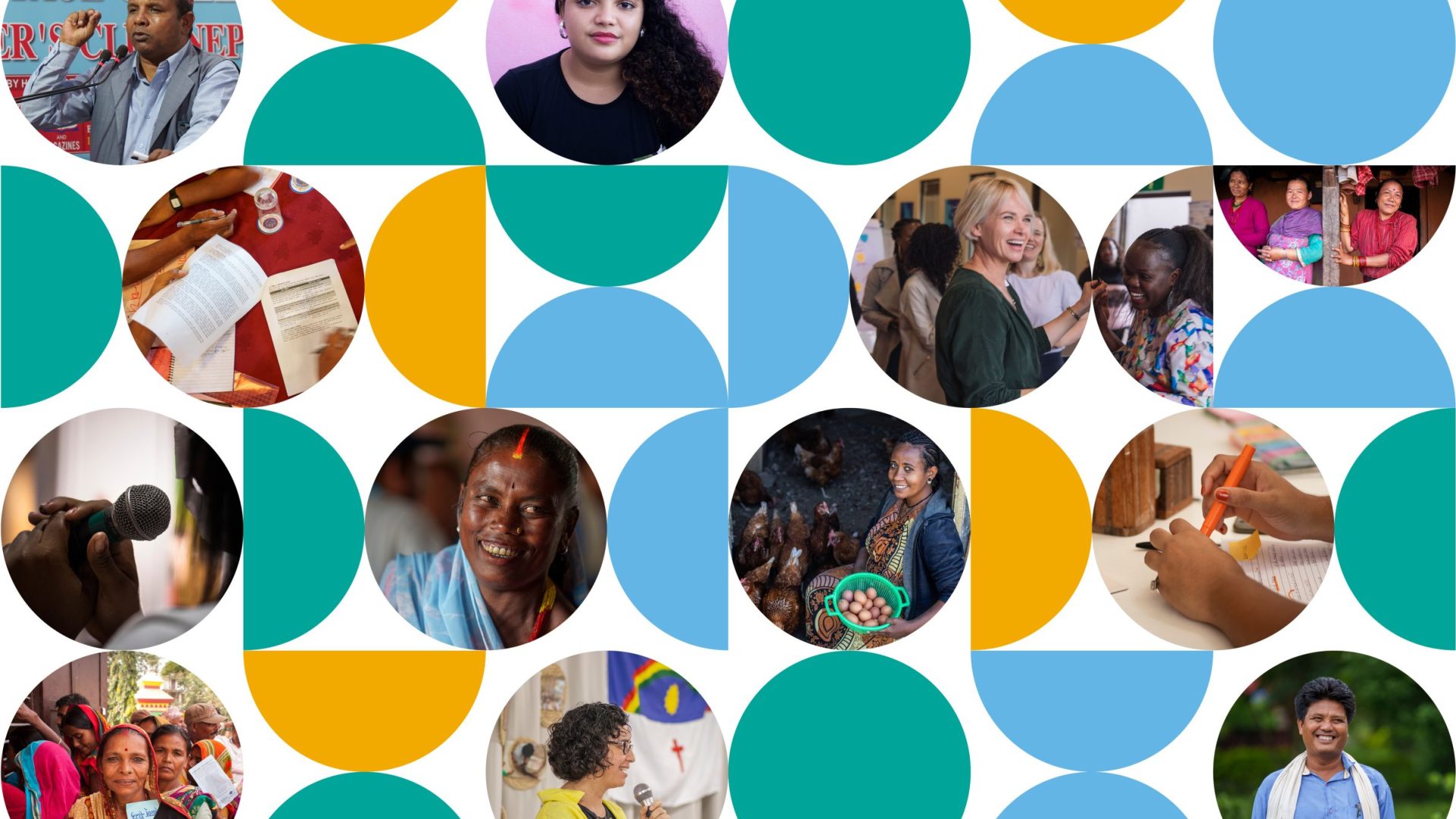1. Communicate transparently & compassionately.
Open, honest and thoughtful communication - especially around expectations and requirements - is essential. This also means welcoming feedback from grantees and other partners on your approach.

In order to effectively support frontline organisations, donors must reflect on the values that shape our practices.
Open, honest and thoughtful communication - especially around expectations and requirements - is essential. This also means welcoming feedback from grantees and other partners on your approach.
Your relationship with a grantee should be valued and treated as a partnership. Trust cannot be written into a grant contract; it is a work in progress that requires donors to recognise their power and respect the knowledge and leadership of frontline organisations.
To make effective and equitable grantmaking decisions, center the perspectives of people closest to the issue at every stage of the process. You can do this by hiring local consultants, working with intermediaries and seeking frequent feedback from grantees.
Grants are investments, and they are most effective when they’re flexible and long-term. By funding a frontline group, you are investing in not only their programs but also their vision for change. Adapt to your grantees’ timelines and shifting community needs.
Funders often expect grantees to deliver results without investing in their infrastructure, team, and overall ability to foster change. Differentiation between ‘project’ and ‘overhead’ costs is a false dichotomy that devalues organisations and hinders sustainability.
If you impose unique requirements on grantees, such as site visits or reporting formats, be prepared to also take on the costs of the training and resources needed to meet them. Consult with your partners on feasibility and compensate them for their time.
Frontline organisations often work in complex, challenging settings and lack sufficient resources to steward funders. Respect people’s time and avoid adding unnecessary burdens. Your funding should free them to enact change, rather than tie them down.
Create brave spaces for shared learning with grantees, communities and the wider sector. After all, social change is a journey that requires frequent reflection and adjustment. Enabling frontline partners the ability to share enriches their work as well as your funding approach.
While grantmaking is important, it is not the only thing needed to create lasting change. Whether through expertise, introductions or influence, consider additional ways you can help strengthen the civil society ecosystem in which you are funding.
Many funders have the benefit of a bird’s eye view across a thematic area or geography. The more you can build community around an issue, both among and beyond your grantees, the more you can help accelerate and deepen their impact.
Funders often encourage grantees to work together but find it hard to practice collaboration amongst themselves. Pooling or leveraging donor resources requires honesty and humility and has the potential to generate even greater impact.
The responsibility for challenging myths about frontline organisations lies with funders. What assumptions do you bring to your philanthropy? Who do you automatically trust? How does what feels impactful compare to what is needed to drive change?

Havovi, Freedom Fund Director of ProgramsFrontline organisations can do what no one else can - leading change in communities that is sustainable and authentic, rooted in who they are rather than what we want them to be.